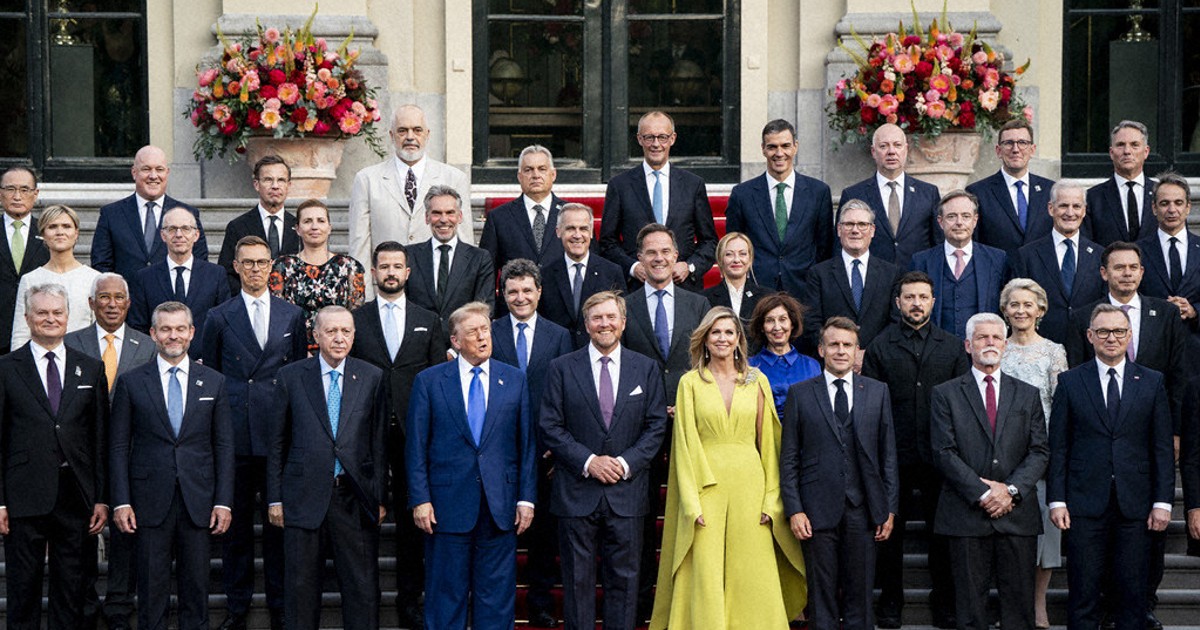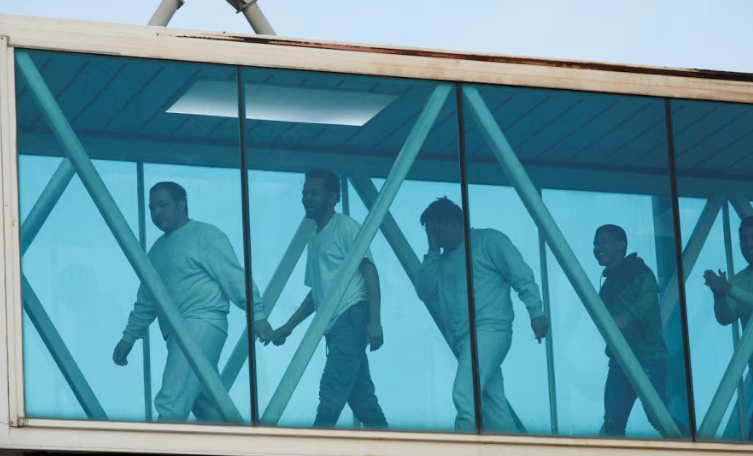WORLD NEWS

The civil trial against self-described misogynist influencer Andrew Tate has been rescheduled to start on June 22, 2026, a full eight months earlier than originally planned, following a decision by the London High Court on Wednesday.
Originally slated for February 2027, the trial was brought forward after High Court Judge Christina Lambert emphasized the need for timely justice, saying, “We just need to make this happen, really.”
The case involves four British women who are suing Tate, 38, for sexual violence, physical abuse, and coercive control dating back to the time he lived in the UK. In court documents, one woman claimed that Tate choked her when she spoke back, while another alleged that he brandished weapons, including firearms, during their encounters.
“He indicated that he would like to kill someone if he could,” one claimant alleged in a sworn statement.
Tate, a former kickboxing champion and controversial figure who gained notoriety on the UK reality show Big Brother in 2016, has since moved to Romania, where he remains under investigation in separate criminal proceedings.
A lawyer representing Tate told the court that he “totally denies any wrongdoing.” A spokesperson reiterated that Tate denies ever threatening anyone with a firearm or engaging in non-consensual acts, calling the allegations “false and defamatory.”
The four women welcomed the rescheduling decision in a joint statement:
“We’ve already spent years waiting for justice. It’s of some comfort to hear that Andrew Tate will face these allegations in court earlier than originally planned.”
Background:
Andrew Tate has cultivated a massive online following by promoting misogynistic and extreme views, which he frames as part of a “success and masculinity” lifestyle brand. He has been banned from multiple social media platforms in the past, though some bans have since been reversed.
The UK civil suit is separate from Tate’s ongoing criminal investigation in Romania, where he and his brother Tristan Tate face charges of human trafficking, rape, and forming an organized crime group.
As the civil case heads to trial in 2026, it is expected to be closely watched both in the UK and globally due to Tate’s international profile and polarizing influence.




